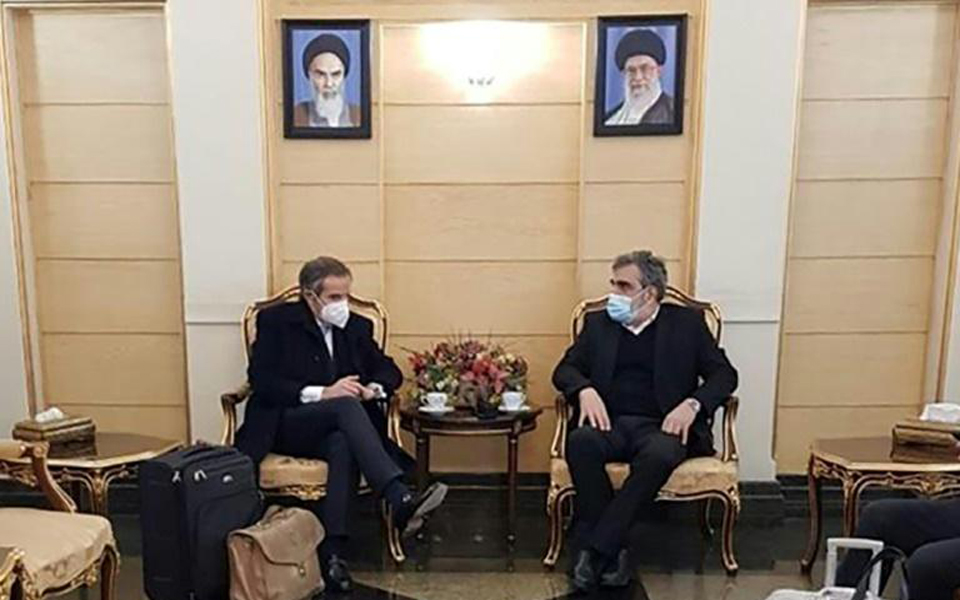
TEHRAN, March 5, 2022 (BSS/AFP) - The UN nuclear watchdog's chief arrived in Tehran late Friday amid hopes of reviving a 2015 accord between Iran and world powers, with Britain saying a deal is "close".
The visit by International Atomic Energy Agency head Rafael Grossi, who is set to meet Iranian officials on Saturday, is seen as critical to clinching agreement over a return to the nuclear deal, and comes in parallel to negotiations in the Austrian capital to salvage the accord.
Grossi "was received on arrival in Tehran by Behrouz Kamalvandi, spokesman for the Atomic Energy Organisation" of Iran, the Iranian body said in a statement on its website. He is to meet with its chief on Saturday.
"This is a critical time but a positive outcome for everyone is possible," Grossi wrote on Twitter earlier Friday.
The next few days are widely seen as a crunch point for the negotiations on Iran's nuclear programme -- the latest round of which started in late November in Vienna.
"We are close. E3 negotiators leaving Vienna briefly to update ministers on state of play," head of the British delegation Stephanie Al-Qaq said Friday, referring to negotiators from Britain, France and Germany.
She added that they were "ready to return soon".
Along with counterparts from China, Iran and Russia, they have been taking part in the latest round of talks in the Austrian capital since late November, with the US participating indirectly.
Grossi had vowed earlier this week that the IAEA would "never abandon" its attempts to get Iran to clarify the past presence of nuclear material at several undeclared sites.
Iran has said the closure of the probe is necessary to clinch a deal on the nuclear accord.
Grossi is expected to hold a press conference on his return to Vienna.
- 'Ready to go to Vienna' -
The EU has been chairing the nuclear deal talks and the bloc's foreign policy chief Josep Borrell said on Friday he "hopes to have results this weekend", while stressing that there was "still work ongoing".
The 2015 deal, formally known as the Joint Comprehensive Plan of Action (JCPOA), was aimed at guaranteeing that Iran's nuclear programme could not be used to develop a nuclear weapon -- something Tehran has always denied wanting to do.
It began unravelling when then US president Donald Trump withdrew from it in 2018 and re-imposed sanctions, prompting Iran to start disregarding the limits on its nuclear activity laid down in the agreement.
Earlier Friday, Iran's Foreign Minister Hossein Amir-Abdollahian said he was prepared to travel to the Austrian capital if a deal is reached.
"I am ready to go to Vienna when the Western sides accept our remaining red lines," he said in a phone call with Borrell, quoted in a foreign ministry statement.
While Amir-Abdollahian did not define the "red lines", Iran has repeatedly demanded the right to verify the removal of sanctions and for guarantees the US will not repeat its withdrawal from the agreement.
On Thursday, US State Department deputy spokeswoman Jalina Porter said negotiators were "close to a possible deal", but that "a number of difficult issues" remained unresolved.
However, "if Iran shows seriousness, we can and should reach an understanding of mutual return to full implementation of the JCPOA within days", she added.